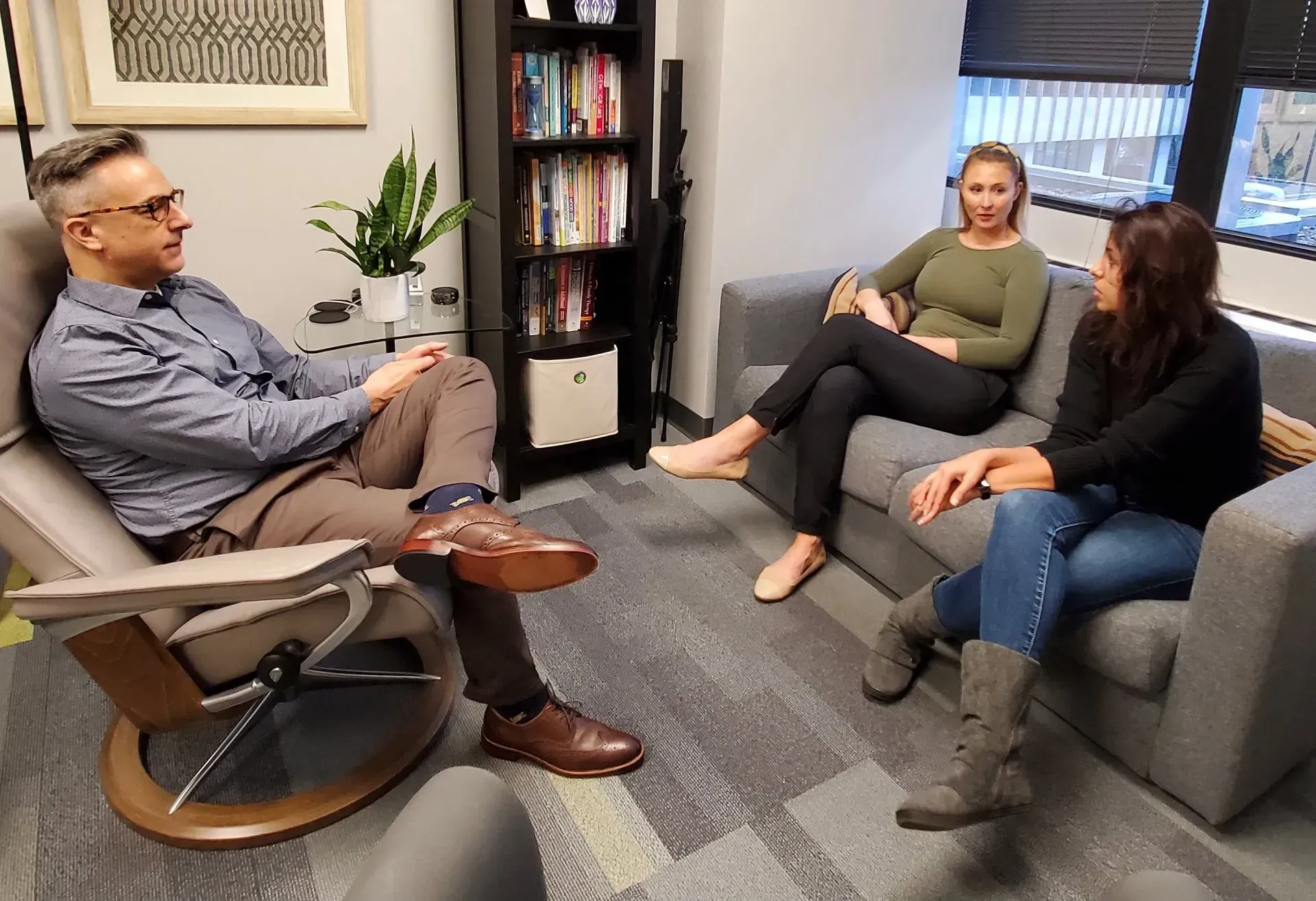Why empathy should matter, even for narcissists
HVD Studios LLC • September 16, 2020

James Hamblin wrote a
recent thought-provoking article in The Atlantic
that explores the role that tears play in human behavior and how such normal expressions of emotion are derided by some as "weak" - including by our current president.
He goes on to discuss how the ability to express and respond to tears plays an important role in human social bonding. The absence of this ability is actually alarming, since it reveals an inability to experience empathy.
Hamblin notes the ways in which our coarsening culture mistakes such bullying aggression for healthy masculinity: "It equates aggression with success and detachment with confidence. It fetishizes impetuousness, pompousness, and brash egocentrism as alpha-manliness—the state that young men are taught to envy and all others to flock to."
Much of what Hamblin writes about is descriptive of narcissism. He aptly notes how the inflated sense of self of narcissists are often an overcompensation for feeling not good enough.
In my work as a Schema Therapist, I often see narcissism as the result of certain essential emotional needs not being met in childhood. Many persons with narcissism have patterns of childhood experiences that involve inadequate nurturance of affection, empathy, and appropriate guidance. When such individuals enter adulthood, these internalized patterns of experience play out in life - usually showing up in the form of recurring patterns of conflictual family and work relationships.
Those with narcissism often seek therapy reluctantly at the prodding of loved ones or co-workers. Many traditional forms of therapy either overpathologize narcissists or are unable to adequately treat it.
In Schema Therapy, narcissists learn the origins of their unmet needs and grow capable of addressing those vulnerable parts they work so hard to conceal through overcompensation. Over time, narcissists can learn to develop empathy through "re-parenting" their deprived childhood parts and by learning appropriate limit-setting through the therapeutic relationship.
The work in Schema Therapy is certainly challenging, yet the cost of not trying to change is frequently worse. Patterns of self-aggrandizement and aggression lead to marital problems, poor bonding with children, and conflict at work. If untreated and patterns continue, spouses often seek divorce, children cut off contact, and bosses pursue termination.
While the behavior of our current president may suggest to some that narcissism is the new normal, the reality for most narcissists and those around them is that bullying aggression and lack of empathy are not only not normal, but destructive to healthy human relationships.












